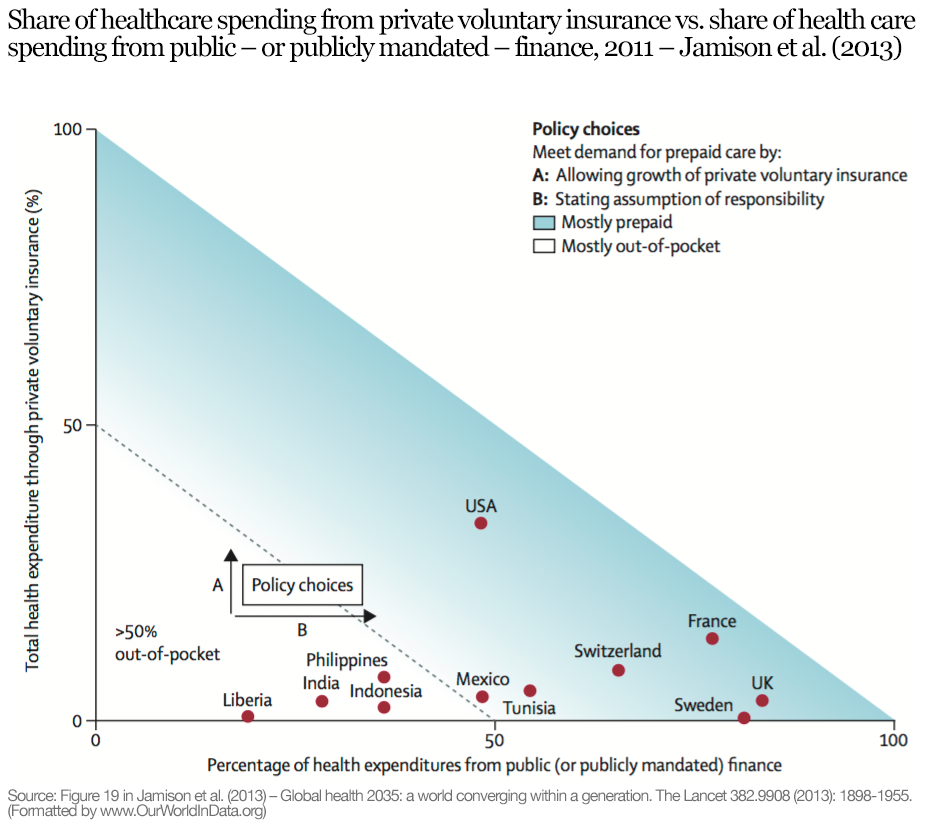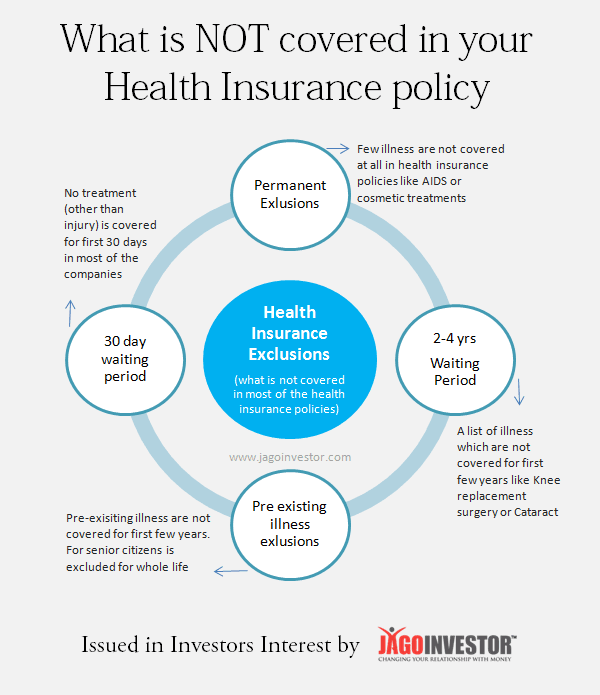
Meet Susie. Susie is a recent college graduate
and first-time employee trying to get health insurance. Shes watched our first two videos Health
Insurance 101 and 102, so now she understands how health insurance works. However, she still
has no idea how to get it.
What should she do? Well, lets first cover the good news. Many
employers already provide affordable health insurance, not to mention Susie can continue
stay on her parents health insurance plan until she turns 26. This is true even if shes
married, moves out of her parents home, or is no longer claimed as a dependent on
her parents tax returns. However, for our purposes, lets say Susie
is unable to stay on her parents health insurance and her employer-sponsored plan
isnt great.
What should she do? Well, Susie still needs health insurance,
especially because theres a sizeable annual penalty for not having it. However, thanks to the Affordable Care Act,
its now very easy for Susie to find great health insurance plans, either through our
recommend website or through healthcare.Gov. Then, once Susie finds her desired plan, she
can then easily complete the application online, where she may even automatically qualify for
a federal subsidy that lowers the cost of her insurance, so long as her income meets
a certain threshold. However, there is a catch to all this good
news.
Unless Susie qualifies for Medicaid, the government's health insurance plan for
low-income individuals, she can only apply for health insurance during open enrollment,
which lasts from November 1st to January 31st. Outside of it, Susie can only apply for health
insurance within 60 days of whats called a qualifying life event, such as moving to
a new state, getting married, having a baby, or involuntarily losing your existing health
insurance coverage. Finally, now that Susie understands how to
get health insurance, as long as she follows these six rules she should be set for the
future: Rule 1: Make sure the insurance plan youre
considering has coverage in your area. Rule 2: Be sure to read the fine print of
any health insurance plan youre considering, Rule 3: If youve picked a high deductible
insurance plan, we recommend opening a Health Savings Account, in which you can deposit
money tax-free to pay for qualified medical expenses.
Rule 4: Once youve finished your insurance shopping, youll need to find a great primary
care physician in your insurance network and book an annual physical, both of which you
can do easily using our recommended website.
Once booked, be sure to arrive to your appointment
early and always bring your photo ID and insurance card.
Rule 5: Once youve received your medical bill from your provider, be sure to compare
it with your Explanation of Benefits, which is a document, not a bill, that explains how
much your insurer paid your provider. Should you find a mistake on either one, like a duplicate
charge or wrong insurance information, be sure to call your insurer and provider immediately.
And dont worry, if for whatever reason you still cant pay your medical bill, youre
not out of options. You can either contact your insurer and provider and ask for assistance,
or use the website GiveForward to crowdfund your medical expenses from your friends, family,
and even strangers. Rule 6: Before renewing your health insurance
plan each year, be sure to check out other plans during open enrollment.
There may have
been significant improvements in cost or coverage since you last applied, especially if you
got your plan before January 1st, 2014. Rule 7: (the final rule): If you lose your
job, dont automatically take COBRA, which is a high-priced way to extend your employer-sponsored
health insurance for up to 18 months. Instead, shop around for other health insurance plans
before making any decisions. Congratulations! You have finished our health
insurance basics curriculum! If you want to see our free recommendations for great health
insurance plans or HSAs, or just check out more educational material, be sure to check
out our website..



